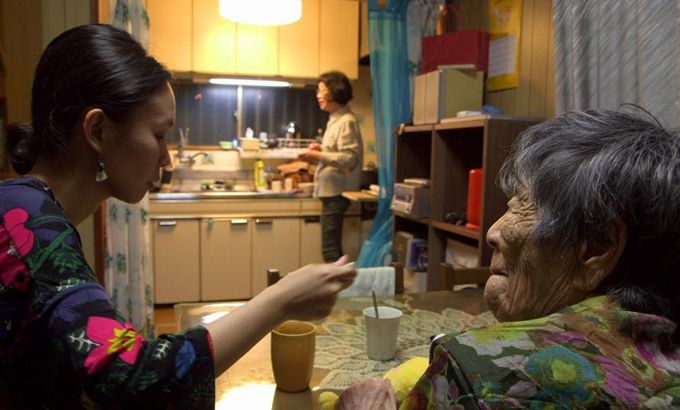
Ageing Japan
How can the world’s most elderly society overcome its demographic crisis?
Japan faces a demographic crisis. Its population is falling rapidly due to an ageing population and declining birthrates.
In two decades from now, seniors will outnumber children under 15 by nearly four to one. The situation is now so critical that adult nappies outsell baby nappies in the country.
Keep reading
list of 4 itemsEcuador weighs security, international arbitration in latest referendum
‘Triple spending’: Zimbabweans bear cost of changing to new ZiG currency
Boeing hit with 32 whistleblower claims, as dead worker’s case reviewed
Japan’s overall population fell by a record quarter-million to 127.8 million last year, and by 2060, the population is expected to fall by an additional one-third to as few as 87 million. And 40 per cent of those remaining will be over 65 years old.
The demographic decline has led to a spike in social problems and ‘kodokushi’, or “lonely deaths”, which is a Japanese phenomenon that came about in the 1980s, is now growing increasingly common.
Four million Japanese elderly live by themselves, while family members who choose to care for an elderly relative often experience isolation and a burden themselves.
As the country ages, the Japanese government must ensure an ever dwindling workforce can pay for a growing number of pensioners.
Japan hopes to raise consumption tax by five per cent and the retirement age to 70 years to ease pressure on the social security and pension system. But those who work in hospitals and services for the elderly believe the country will have to embrace immigration to plug gaps in the workforce.
Yet, Japan’s ageing pains are creating commercial opportunities for some: Companies are exploring new technologies to capitalise on an emerging market they call the “silver yen”, including androids that can work as carers and robotic legs for patients who are too old to walk themselves.
On this edition of 101 East, we ask if Japan can overcome being a rapidly ageing and declining population.
101 East airs each week at the following times GMT: Thursday: 2230; Friday: 0930; Saturday: 0330; Sunday: 1630. Click here for more 101 East. |
